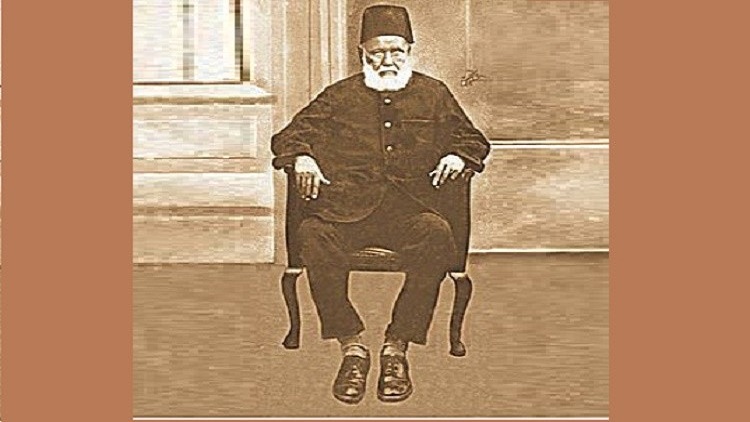
Saquib Salim
Not only the material wealth, European colonizers, robbed Indians of their intellectual properties as well. For almost two centuries they claimed discoveries made by Indians as their own. Of hundreds of such discoveries, ‘Henry Classification System of Fingerprints’ is the one. The system was named after its alleged ‘pioneer’ Sir Edward Henry, Inspector General (IG) of Bengal Police in the 1890s. In fact, the system was devised by two Indian Sub Inspectors, Azizul Haque and Hem Chandra Bose. The first fingerprint bureau of the world was set up in Kolkata in 1897 under their supervision. Haque pioneered the mathematical basis for the system while Bose perfected it through indexing and classification. As was the norm under the colonial rulers, the credit was given to Henry and the system was named after him. When Henry published the paper, Classification and uses of fingerprints, in 1900, he did not mention or acknowledge the role of two Indian Sub Inspectors.
In order to highlight the role of Haque and Bose, I am writing this two-article series. In the first part of the article, I will be discussing the role of Haque while the contribution of Bose will be explained in the second part.
Azizul Haque was born in 1872 in the Khulna district of Bengal. After the death of his father, he left home and started working as a domestic help in Kolkata. The man for whom he worked helped him study and Haque ended up at the prestigious Presidency College of Kolkata. In 1892 he joined the police as a statistician.
In 1897, the Henry Method of Classification was adopted by the Bengal government for criminal identifications and the first bureau for the same was set up in Kolkata. Very soon almost every country started following the system. In reality, the system was pioneered by Haque and Bose.
S.E Haylock wrote in an edition of Fingerprint World, “It seems that Haque devised the basis of the classification system we now know, and took it to his boss, Edward Henry.” In June 1925, Chief Secretary of Orissa and Bihar, while recommending Haque for an honorarium, wrote that Haque researched on the classification of fingerprints and his primary classification convinced Henry that the problem of classifying fingerprints could be solved. Afterwards, Haque played an important role in the evolution of further classifications of fingerprints.
In 1922, F.W Duke, an officer at India Office wrote to the Governor of Bihar and Orissa after talking to Henry. In the letter he wrote, “Azizul Haque devised the classification which is now in force not only in India but practically throughout the civilized world.” But afterwards in the letter Duke downplays the achievement of the Indian police officer by writing, “It may have required no exceptional talent, if not done by him, the same, or an equivalent, might have been done later by someone else.”
Isn’t it hilarious? It is like saying that if not for Newton someone else would have thought about the laws of Gravitation. It is a naked display of the hate European colonizers had from the Indians.
Edward Henry did not acknowledge Haque in any of his writings, or speeches, till 1926 when he wrote to the secretary of the services that Haque has contributed more than anyone in perfecting the system of classification. But like most of his ilk, Henry also wrote, “Results were achieved by teamwork.” Even when he accepted that Haque was the man behind the system of classification Henry would not give him the credit for devising the system.
It is a pity that even after attaining self political rule in 1947, we are still colonized in our intellectual capacities and do not acknowledge our philosophers, scientists and inventors. We look for a western endorsement for our own achievement. It is high time that we reject this Euro-centric discourse and unearth our achievements.
(Saquib Salim is a historian-writer. In his next article you will read about Hem Chandra Bose)
